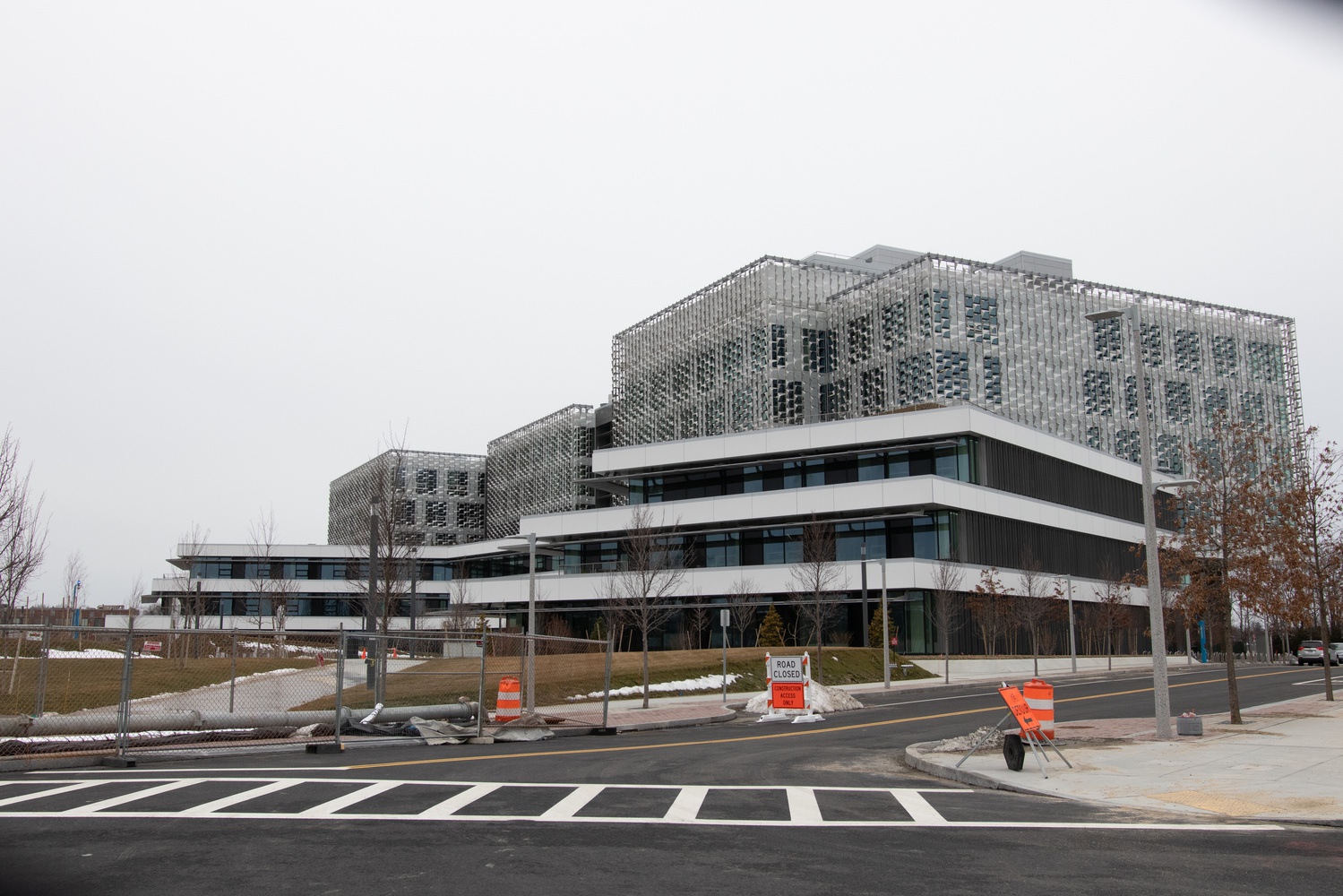
News
News Flash: Memory Shop and Anime Zakka to Open in Harvard Square

News
Harvard Researchers Develop AI-Driven Framework To Study Social Interactions, A Step Forward for Autism Research

News
Harvard Innovation Labs Announces 25 President’s Innovation Challenge Finalists

News
Graduate Student Council To Vote on Meeting Attendance Policy

News
Pop Hits and Politics: At Yardfest, Students Dance to Bedingfield and a Student Band Condemns Trump
Company Founded by Harvard Researchers to Launch Alternative Meat Product

Tender Foods, a food technology startup co-founded by four Harvard-affiliated researchers that produces alternative meats, is preparing for a product launch later this year.
The company, which produces plant-based meat spun from liquid polymers, is one of 27 startups launched in fiscal year 2021 to commercialize innovations from Harvard research labs. Tender Foods specializes in products that have a unique texture, structure, and ultimately taste, according to its founders.
“A lot of the stuff that tries to mimic meat is textured, but it’s not fibrous, so it’s aligned and it’s a block of stuff, but it’s not individual fibers,” said Luke A. MacQueen, one of the startup’s co-founders and a Harvard postdoctoral researcher in Bioengineering.
The Tender Foods’ products will better mimic the texture of real meat, MacQueen said.
MacQueen co-founded the company alongside three other Harvard affiliates: Bioengineering and Applied Physics professor Kevin K. “Kit” Parker, Grant M. Gonzalez ’13, and SEAS researcher Christophe Chantre.
The fibers in Tender Foods meat are made using technology developed by Parker and his colleagues. The research group studied rotary jet-spinning, which uses centrifugal force to elongate liquid polymers into fibers. MacQueen likened the device to a “cotton candy machine” that works with different kinds of proteins.
The technology was initially used for various other purposes, including organ regeneration: in 2017, the researchers managed to spin nanofibers into biocompatible heart valves. Two years later, they showed the same could be done with gelatin scaffolds to hold animal muscle cells.
“Every lesson learned from building tissues for regenerative medicine was applicable to building tissue to eat,” Parker wrote in an email.
MacQueen said he is excited to see the variety of meats that might emerge from the startup’s technology.
“When those fibers are spun and collected into a system, they can be tailored to be like the meat products people enjoy, whether they be as simple as a chicken breast or much more complicated layered structures,” he said. “Those can all be made in an artisanal way, starting with this very basic building block.”
The research received funding from the Harvard Office of Technology Development and Harvard’s Wyss Institute for Biologically Inspired Engineering.
“The first efforts to patent discoveries from my lab pertaining to meat were shot down by OTD” around 2006, Parker wrote. “We kept pushing.”
MacQueen said he is excited to introduce Tender Foods’ products to the public.
“As a young startup, we’ve had to kind of stay under the radar a little bit, but there’s good things coming down the road,” he said.
“I ate some this morning,” Parker added in an email. “It was delicious.”
—Staff writer Felicia He can be reached at felicia.he@thecrimson.com.
—Staff writer James R. Jolin can be reached at james.jolin@thecrimson.com.
Want to keep up with breaking news? Subscribe to our email newsletter.
From Our Advertisers

Over 300+ courses at prestigious colleges and universities in the US and UK are at your disposal.

Where you should have gotten your protein since 1998.

Serve as a proctor for Harvard Summer School (HSS) students, either in the Secondary School Program (SSP), General Program (GP), or Pre-College Program.

With an increasingly competitive Law School admissions process, it's important to understand what makes an applicant stand out.

Welcome to your one-stop gifting destination for men and women—it's like your neighborhood holiday shop, but way cooler.

HUSL seeks to create and empower a community of students who are seeking pathways into the Sports Business Industry.
